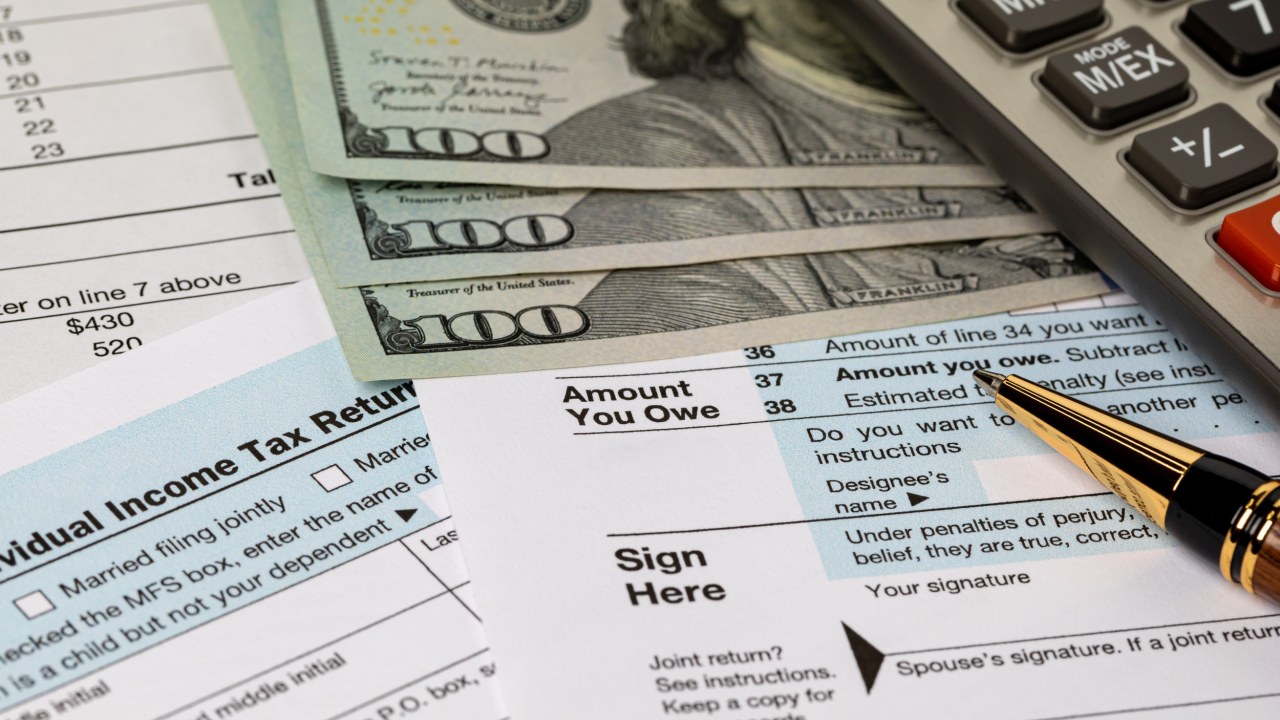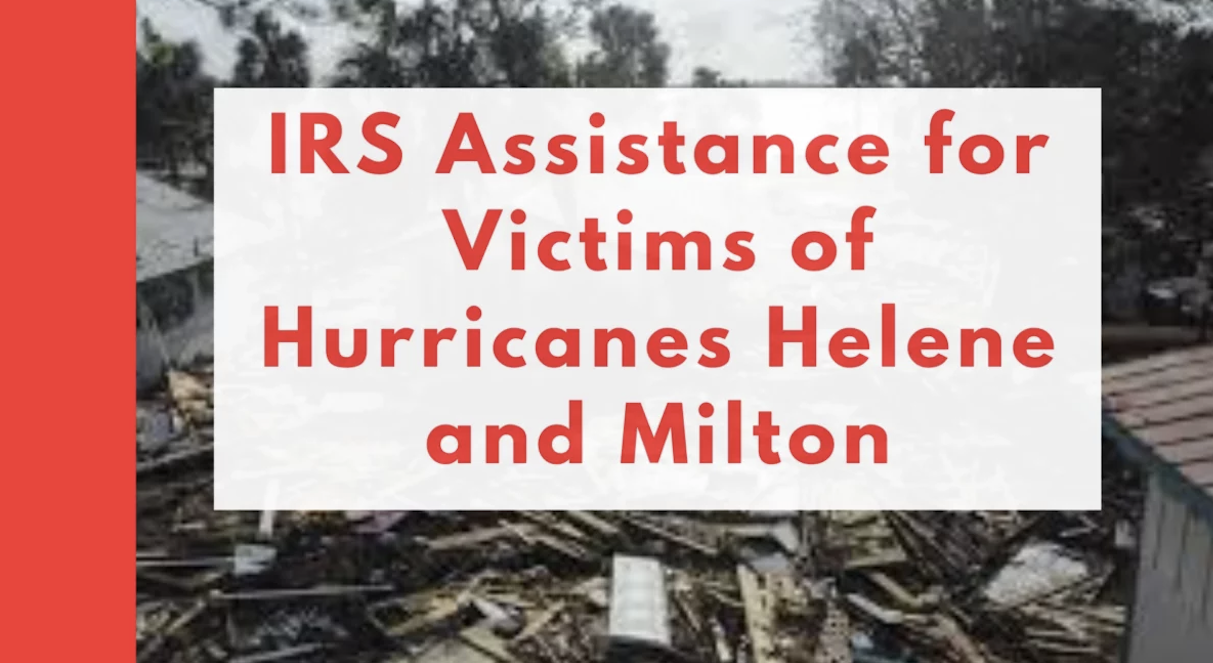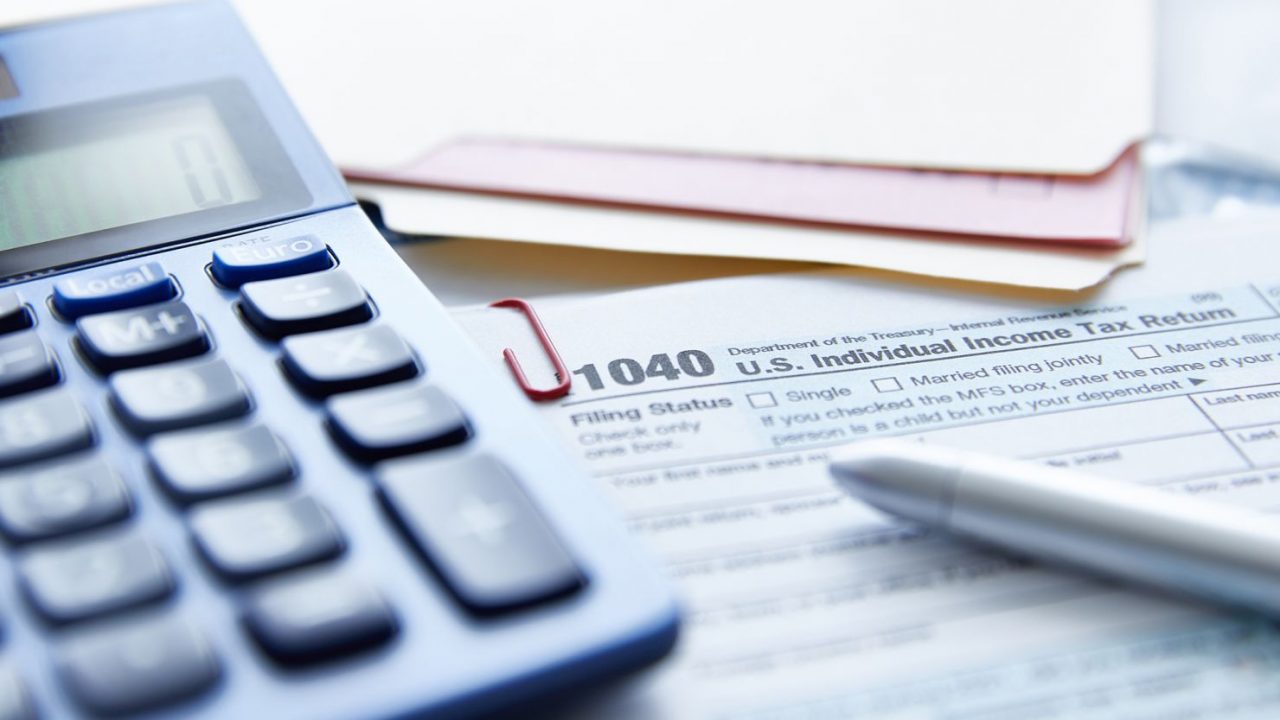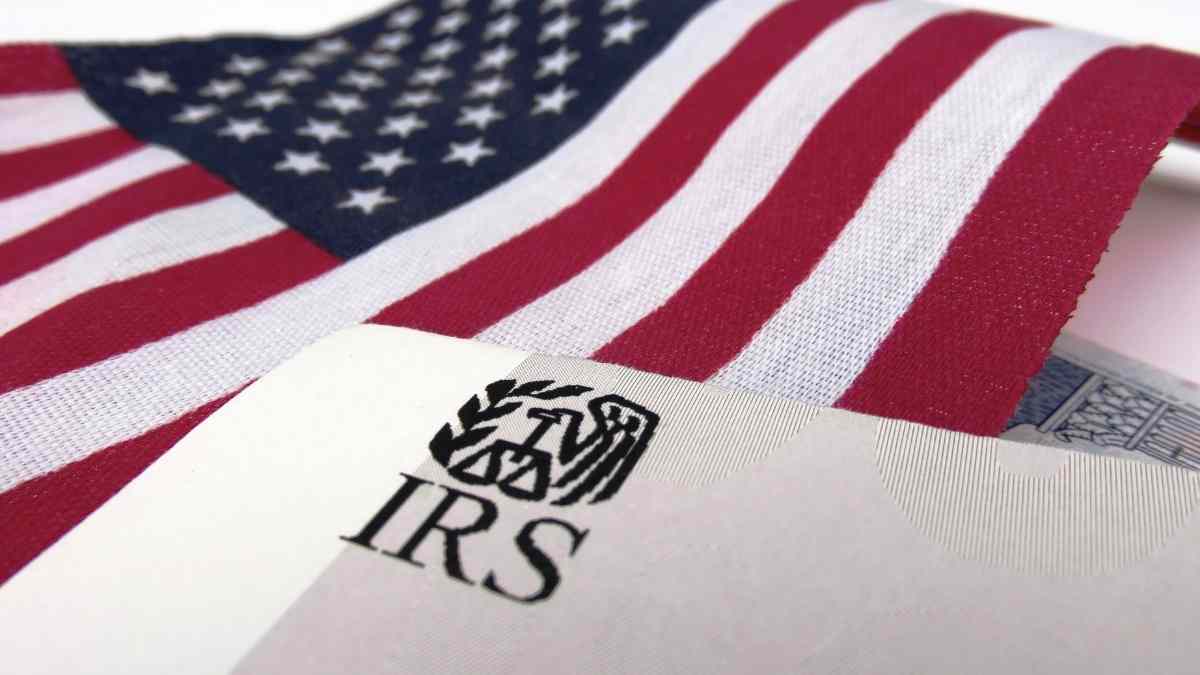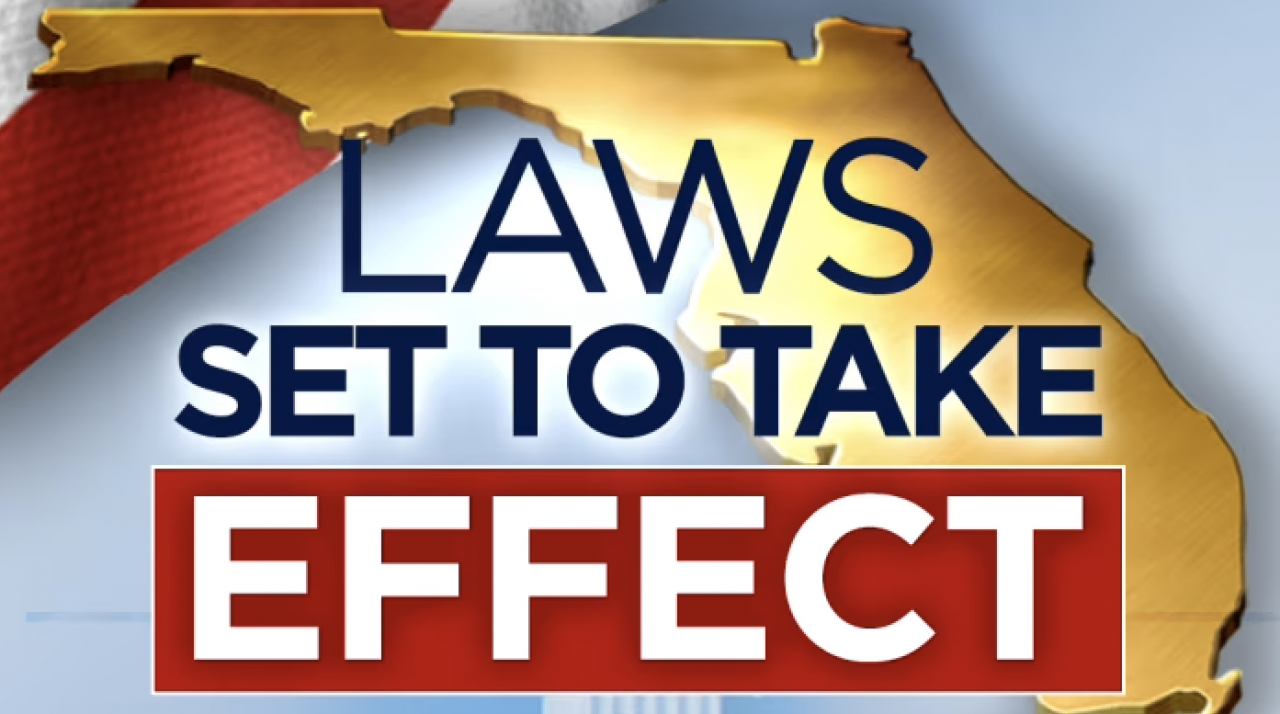TALLAHASSEE, Fla. – From banning unauthorized public sleeping to prohibiting placing a tracking device or application on someone or their property without permission, more than 30 new Florida laws begin on Oct. 1.
Here’s a look at the new laws:
HB 1365 Unauthorized Public Camping and Public Sleeping
Unauthorized Public Camping and Public Sleeping: Prohibits counties & municipalities from authorizing or otherwise allowing public camping or sleeping on public property without certification of designated public property by DCF; authorizes counties to designate public property for such uses for specified time period; requires counties to establish specified standards & procedures relating to such property; authorizes DCF to inspect such property & to issue notice; provides exception during specified emergencies. Effective Date: October 1, 2024
SB 0758 Tracking Devices and Applications
Tracking Devices and Applications; Prohibiting the placement or use of a tracking device or tracking application to determine the location or movement of another person or another person’s property without that person’s consent; revising exceptions; providing criminal penalties, etc. Effective Date: October 1, 2024
SB 0718 Exposures of First Responders to Fentanyl and Fentanyl Analogs
Exposures of First Responders to fentanyl and fentanyl Analogs; Providing criminal penalties for adults who, in the course of unlawfully possessing specified controlled substances, recklessly expose a first responder to such substances and an overdose or serious bodily injury of the first responder results; prohibiting the arrest, charging, prosecution, or penalizing under specified provisions of law of a person acting in good faith who seeks medical assistance for an individual experiencing, or believed to be experiencing, an alcohol-related or a drug-related overdose, etc. Effective Date: October 1, 2024.
HB 0403 Specialty License Plates
Specialty License Plates: Exempts collegiate license plates from certain discontinuation & presale voucher requirements for specialty license plates; requires DHSMV to reauthorize previously discontinued collegiate license plates; renames & revises words appearing on certain plates; directs DHSMV to develop specified plates; provides for distribution & use of fees collected from sale of plates. Effective Date: October 1, 2024.
SB 0086 Hope Cards for Persons Issued Orders of Protection
Hope Cards for Persons Issued Orders of Protection; Requiring the clerks of the circuit court, in consultation with the Office of the Attorney General, to develop and implement the Hope Card Program; requiring clerks’ offices to create a Hope Card and provide such card to petitioners within a specified time frame; providing criminal penalties for the fraudulent use of a Hope Card, etc. Effective Date: October 1, 2024.
SB 0092 Yacht and Ship Brokers’ Act
Yacht and Ship Brokers’ Act; Revising the definition of the term “yacht”; exempting a person who conducts business as a broker or salesperson in another state from licensure in this state for specified transactions; requiring, rather than authorizing, the Division of Florida Condominiums, Timeshares, and Mobile Homes of the Department of Business and Professional Regulation to deny licenses for applicants who fail to meet certain requirements, etc. Effective Date: October 1, 2024.
HB 0341 Designation of a Diagnosis on Motor Vehicle Registrations
Designation of a Diagnosis on Motor Vehicle Registrations: Requires language on application form for motor vehicle registration to allow applicant to indicate that applicant has been diagnosed with, or is parent or legal guardian of child or ward who has been diagnosed with, specified disabilities or disorders; requires specified designation to be included in motor vehicle record; prohibits inclusion of specified information in motor vehicle record for certain purposes; requires DHSMV to allow specified persons to update motor vehicle registration to include or remove specified designation at any time. Effective Date: October 1, 2024.
SB 0532 Securities
Securities; Revising the list of securities that are exempt from registration requirements under certain provisions; revising provisions relating to a certain registration exemption for certain securities transactions; updating the federal laws or regulations with which the offer or sale of securities must be in compliance; requiring that offers and sales of securities be in accordance with certain federal laws and rules; providing that registration exemptions under certain provisions are not available to issuers for certain transactions under specified circumstances; specifying criteria for determining integration of offerings for the purpose of registration or qualifying for a registration exemption; specifying the purpose of the Securities Guaranty Fund, etc. Effective Date: October 1, 2024.
HB 0801 Alzheimer’s Disease and Related Dementia Training for Law Enforcement Officers
Alzheimer’s Disease and Related Dementia Training for Law Enforcement Officers: Requires FDLE to establish online, continued employment training component relating to Alzheimer’s disease & related forms of dementia; requires training component be developed with DOEA; specifies instruction requirements for training; authorizes completion of such training to count toward certain requirement. Effective Date: October 1, 2024.
SB 0808 Treatment by a Medical Specialist
Treatment by a Medical Specialist; Authorizing firefighters, law enforcement officers, correctional officers, and correctional probation officers to receive medical treatment by a medical specialist for certain conditions under certain circumstances; requiring firefighters, law enforcement officers, correctional officers, and correctional probation officers to notify certain entities of their selection of a medical specialist, etc. Effective Date: October 1, 2024.
HB 549 Theft
Reducing minimum threshold amount for grand theft of third degree; creates new offense of grand theft offenses; provides enhanced criminal penalties for committing petit theft of first degree & having certain previous convictions; revises number of thefts required within specified aggregation period required to commit specified violation for retail theft; revises specified timeframes in which individual acts of retail theft may be aggregated; prohibits retail theft with specified number of other persons for specified purpose; prohibits retail theft when social media platform is used to solicit participation; requires person convicted of retail theft to pay specified restitution. Effective Date: October 1, 2024.
HB 0819 Lehigh Acres Municipal Services Improvement District, Hendry and Lee Counties
Lehigh Acres Municipal Services Improvement District, Hendry and Lee Counties: Expands territorial boundaries of district. Effective Date: October 1, 2024.
SB 0902 Motor Vehicle Retail Financial Agreements
Motor Vehicle Retail Financial Agreements; Revising the definition of the term “guaranteed asset protection product”; requiring entities to refund the portions of the purchase price of the contract for a guaranteed asset protection product under certain circumstances; creating the “Florida Vehicle Value Protection Agreements Act”; authorizing the offer, sale, or gift of vehicle value protection agreements in compliance with a certain act, etc. Effective Date: October 1, 2024
HB 1007 Nicotine Products and Dispensing Devices
Nicotine Products and Dispensing Devices: Requires nicotine product manufacturers who sell nicotine dispensing devices to execute form prescribed by Division of Alcoholic Beverages & Tobacco of DBPR, for each nicotine dispensing device sold; requires division to develop & maintain directory; requires division to make directory available on website; prohibits nicotine product manufacturer from selling, shipping, or distributing nicotine dispensing devices for retail sale; requires wholesale nicotine product dealers to purchase & sell for retail only those nicotine dispensing devices listed on directory; prohibits certain persons & entities from dealing, at retail, in nicotine dispensing devices not listed on directory; provides for seizure & destruction of contraband nicotine dispensing devices. Effective Date: October 1, 2024.
HB 1025 Municipal Service District of Ponte Vedra Beach, St. Johns County
Municipal Service District of Ponte Vedra Beach, St. Johns County: Revises provisions relating to terms of office of District Trustees; revises capital expenditure amount required to be approved by voters of district; revises authority of district to approve such expenditure; revises limitation on amount of district’s contingency reserves. Effective Date: October 1, 2024
SB 1036 Reclassification of Criminal Penalties
Reclassification of Criminal Penalties; Requiring reclassification of the penalty for the commission of a felony committed by a person who has a previous specified conviction; defining the term “transnational crime organization”; authorizing reclassification of the penalty for any misdemeanor or felony offense if the commission of such offense was for specified purposes, etc. Effective Date: October 1, 2024.
HB 1049 Flood Disclosure in the Sale of Real Property
Flood Disclosure in the Sale of Real Property: Requires seller of residential real property to provide specified information to a prospective purchaser; specifies how such information must be disclosed. Effective Date: October 1, 2024.
HB 1171 Schemes to Defraud
Schemes to Defraud: Provides for reclassification of certain offenses when committed against persons 65 years of age or older, against minors, or against persons with disabilities; provides for civil actions for damages by persons whose image or likeness was used in scheme to defraud with their consent. Effective Date: October 1, 2024
HB 1235 Sexual Predators and Sexual Offenders
Sexual Predators and Sexual Offenders: Revises reporting requirements; specifies criteria applicable for removal of status for certain persons; revises registration requirements; revises provisions relating to verification; revises penalties. Effective Date: October 1, 2024.
HB 1389 Digital Voyeurism
Digital Voyeurism: Redesignates “video voyeurism” as “digital voyeurism”; revises elements; provides reduced criminal penalties for certain violations by persons under 19 years of age; specifies that each instance of certain violations is separate offense; provides for reclassification of certain violations by certain persons who are family or household members of victim or who hold position of authority or trust with victim. Effective Date: October 1, 2024.
HB 1545 Child Exploitation Offenses
Child Exploitation Offenses: Creating the offense of harmful communication to a minor; ranking the offense on the offense severity ranking chart of the Criminal Punishment Code; etc. Effective Date: October 1, 2024.
SB 1628 Local Government Actions
Local Government Actions; Requiring that certain bond referenda called by a county, district, or municipality be held at a general election; revising applicability provisions for the enactment or adoption of county and municipal ordinances, respectively, etc. Effective Date: October 1, 2024
SB 1698 Food and Hemp Products
Food and Hemp Products; Defining the term “total delta-9-tetrahydrocannabinol concentration”; providing conditions for the manufacture, delivery, hold, offer for sale, distribution, or sale of hemp extract; prohibiting businesses and food establishments from possessing hemp extract products that are attractive to children; prohibiting the Department of Agriculture and Consumer Services from granting permission to remove or use certain hemp extract products until it determines that such hemp extract products comply with state law, etc. APPROPRIATION: $2,000,000 Effective Date: October 1, 2024.
HB 7001 OGSR/Reporter of Child Abuse, Abandonment, or Neglect
OGSR/Reporter of Child Abuse, Abandonment, or Neglect: Removes scheduled repeal of exemption from public records requirements for other identifying information with respect to any person reporting child abuse, abandonment, or neglect. Effective Date: October 1, 2024.
HB 7003 OGSR/Preregistered Voters
OGSR/Preregistered Voters: Removes scheduled repeal of exemption from public record requirements for information concerning preregistered voter registration applicants who are minors; authorizes disclosure of confidential information in certain circumstance. Effective Date: October 1, 2024.
HB 7005 OGSR/Financial Disclosure
OGSR/Financial Disclosure: Removes scheduled repeal of exemptions from public record requirements for secure login credentials held by Commission on Ethics & certain information entered into electronic filing system for financial disclosure. Effective Date: October 1, 2024.
SB 7006 OGSR/Utility Owned or Operated by a Unit of Local Government
OGSR/Utility Owned or Operated by a Unit of Local Government; Amending a provision which provides exemptions from public record requirements for information related to the security of certain technology, processes, practices, information technology systems, industrial control technology systems, and customer meter-derived data and billing information held by a utility owned or operated by a unit of local government; extending the date of scheduled repeal of public record exemptions relating to the security of certain technology, processes, practices, information technology systems, and industrial control technology systems; amending a provision which provides an exemption from public meeting requirements for meetings held by a utility owned or operated by a unit of local government which would reveal certain information; extending the date of scheduled repeal of the exemption, etc. Effective Date: October 1, 2024.
HB 7007 OGSR/Campus Emergency Response
OGSR/Campus Emergency Response: Removes provision allowing disclosure of certain information in certain campus emergency response to certain entities; & removes scheduled repeal of exemption from public records requirements for certain campus emergency response. Effective Date: October 1, 2024
SB 7008 OGSR/Department of the Lottery
OGSR/Department of the Lottery; Amending a provision relating to an exemption from public records requirements for certain information held by the Department of the Lottery, information about lottery games, personal identifying information of retailers and vendors for purposes of background checks, and certain financial information held by the department; providing for future legislative review and repeal of an exemption from public records requirements for information relating to the security of certain technologies, processes, and practices; removing the scheduled repeal of an exemption, etc. Effective Date: October 1, 2024.
HB 7009 OGSR/Mental Health Treatment and Services
OGSR/Mental Health Treatment and Services: Removes scheduled repeal of exemption from public records requirements for petitions for voluntary & involuntary admission for mental health treatment, court orders, related records, & personal identifying information regarding persons seeking mental health treatment & services. Effective Date: October 1, 2024.
HB 7043 OGSR/Agency Personnel Information
OGSR/Agency Personnel Information: Removes scheduled repeal of exemption from public records requirements for certain personal identifying & location information of specified agency personnel & spouses & children thereof. Effective Date: October 1, 2024.




